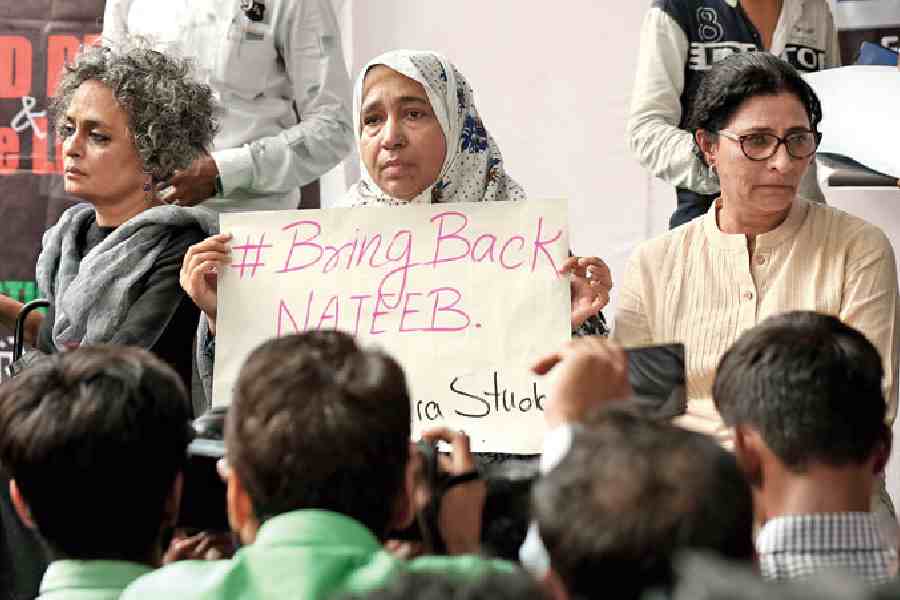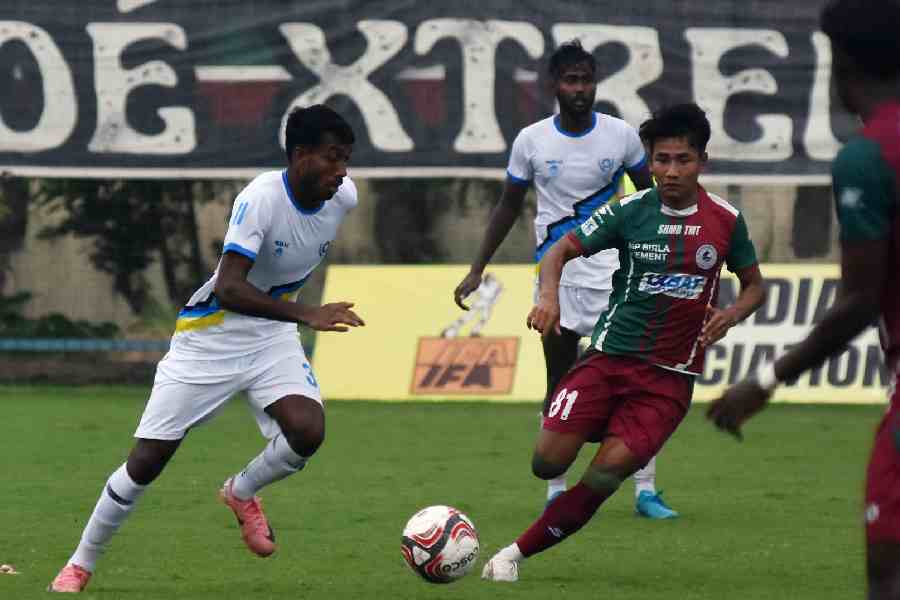 |
| Jonty Rhodes |
East London: Jonty Rhodes quit international cricket six years ago, but his electrifying fielding hasn’t been forgotten. In fact, he was a useful middle-order batsman too and averaged 35-plus in both Tests and ODIs.
Now 39, Jonty is a former fielding coach of South Africa and, in this year’s IPL, has been in that role with the Mumbai Indians.
Actually, Jonty is a businessman as well and, in collaboration with younger brother Clinton, runs an asset brokering firm. Besides, he has just bagged a contract to distribute wind turbines.
On Thursday, Jonty (who is also involved with Standard Bank’s sponsorship of a domestic T20 tournament) spoke to The Telegraph for around half-an-hour.
The following are excerpts
Q What do you believe are the reasons for South Africa’s rise in the standings (No.1 in ODIs and No.2 in Tests)?
A A lot of factors, but the No.1 reason is the partnership between Graeme Smith and Mickey Arthur... They’ve put good systems in place and the team is settled. Smith, in particular, had a long-term plan and the results have been positive.
It’s very different from the time you made your debut (1991-92, the first season of South Africa’s return to official cricket)...
Absolutely... We didn’t have any international exposure... Today, players have three forms in which to get experience and keep playing all over the world. It’s wonderful to see so much talent... When we started, we didn’t know how big the international stage was... It’s different for the present generation. We were street-smart, while today’s lot is cricket-smart.
What has made the captain and coach click?
To be honest, I’m not sure... I suppose they’ve learnt from mistakes and have travelled together for almost four years... Obviously, they’re driving in the same direction and not pulling in different ways.
Today, what’s the top challenge for South Africa?
To be consistent, live up to expectations... Till recently, everybody wanted to beat Australia. Now, teams want to beat South Africa too... We’re also setting the benchmark, which is such a good thing. Staying No.1 is more difficult than getting there. The opposition, after all, comes up with strategies to derail you.
For some years, it seemed the quota system would cause much damage...
It took a while, but everybody has got over it... If you look at the racial mix of the team, the system has had the desired effect... When a selection is made, nobody (now) asks whether a particular player is there because of his colour or there on merit... It’s great that kids of all colour look up to somebody like AB de Villiers.
What’s the impact T20 is having?
It’s impacting on the other forms, Tests and ODIs... The world’s best have to adapt and the skills level is improving... Batsmen, in particular, are backing themselves to reach a fifty or a hundred with a six... The nervous nineties bit is almost history.
Is T20 going to hurt Test cricket or ODIs?
Test cricket will remain Test cricket... There’s space for the 50-over game as well, though some might say otherwise... But, then, the recent South Africa versus Australia ODIs drew full houses... Nobody saved their money to watch the IPL... T20, though, has introduced more people to cricket. That’s the reality.
To talk of fielding, what makes a special fielder?
(Laughs) Hard work and his ability to enjoy what he’s doing... Also, he has to anticipate... To give my example, I’d expect every ball to come to me... Batsmen like to spend an hour at nets, but how many like to practise fielding for an hour? There are no short cuts.
How do you rate today’s standard?
When I started playing for South Africa, hardly anybody anywhere would dive and so on... So, it was easy for me to make a mark and I think my hockey background helped... Nowadays, all teams have good fielders, making it difficult for any one to really stand out... Everybody is expected to dive around and be busy... Indeed, after batting and bowling, fielding has become cricket’s third discipline.
In your opinion, who are the finest fielders (alphabetically) of the present times?
Paul Collingwood: He’s not flashy, but gets the basics right... An asset on the field.
Herschelle Gibbs: Very good reflexes... The other day, we lost to the Deccan Chargers, but I enjoyed watching him on the field.
Yuvraj Singh: I like the way he dives and intercepts the ball... He makes things happen... He’s a big guy, but moves well and has a strong arm. Seems to enjoy fielding.
Andrew Symonds: For me, he’s the No.1 all-round fielder... He can field anywhere and has a rocket-arm. For a big guy, he moves really quick and gets in the way of the ball. I’d do the same.
AB de Villiers: Helped by his wicketkeeping background, he moves superbly and, so, gets to the ball fast.
When young, were you bowled over by anybody’s fielding?
I’d be quite impressed with the West Indies’ Gus Logie.
The one stand-out memory involving you?
When I took five catches in a Hero Cup match (November 1993) against the West Indies at the CCI in Mumbai...
What would be your fielding-specific advice to young cricketers?
A successful batsman or bowler becomes successful because of the time he has spent training. Remember, that holds true for a successful fielder too.
The last one: What did you learn the most in 11 years as a South Africa cricketer?
That the freedom to fail is vital to succeed... Nobody sets out to fail, but if you don’t learn from failures, then you’ll never know your potential. Failure can be viewed in two ways — as a stumbling block or as a stepping stone. I looked at it in the latter manner.
 |










